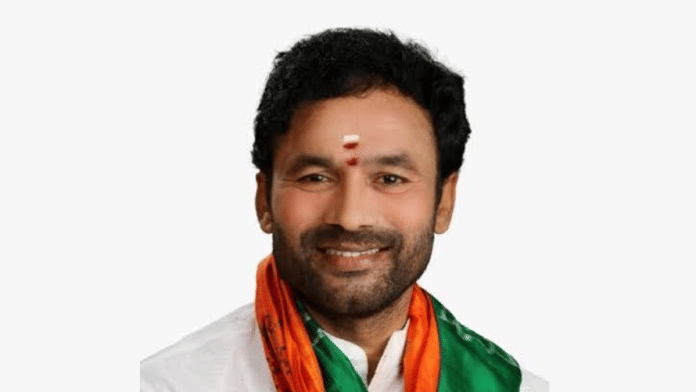New Delhi: Union Minister G. Kishan Reddy emphasized the Indian government’s dedication to preserving and promoting the country’s diverse linguistic heritage during a press conference today. He highlighted the crucial role of languages in cultural development and national unity, stating that India’s multilingualism is a unique asset. Reddy underscored the government’s vision for a developed India by 2047, emphasizing the importance of languages as repositories of knowledge, culture, and traditions, a PIB press release stated.
Reddy underscored the government’s commitment to protecting regional languages, viewing them as powerful tools of empowerment. He cited historical examples, such as Macaulay’s 1835 policies that marginalized classical Indian languages, and emphasized the government’s efforts to counter such attempts.
The Minister highlighted the significance of including languages in the Eighth Schedule of the Constitution, which has expanded from 14 to 22 languages over time. He cited the addition of Sindhi in 1967, with Atal Bihari Vajpayee famously stating, “I speak Hindi, but Sindhi is my mausi (maternal aunt),” as a testament to the government’s commitment. The inclusion of Konkani, Manipuri, and Nepali in 1992 and the addition of Bodo, Dogri, Maithili, and Santhali in 2003 further demonstrated this commitment.
Reddy emphasized the Modi government’s focus on developing Indian languages, citing the recognition of Kashmiri, Dogri, Urdu, Hindi, and English as official languages in Jammu & Kashmir after the abrogation of Article 370. He also highlighted the government’s efforts to grant classical language status to ancient languages, with the recent addition of Marathi, Pali, Prakrit, Assamese, and Bengali in October 2024, bringing the total number to 11.






